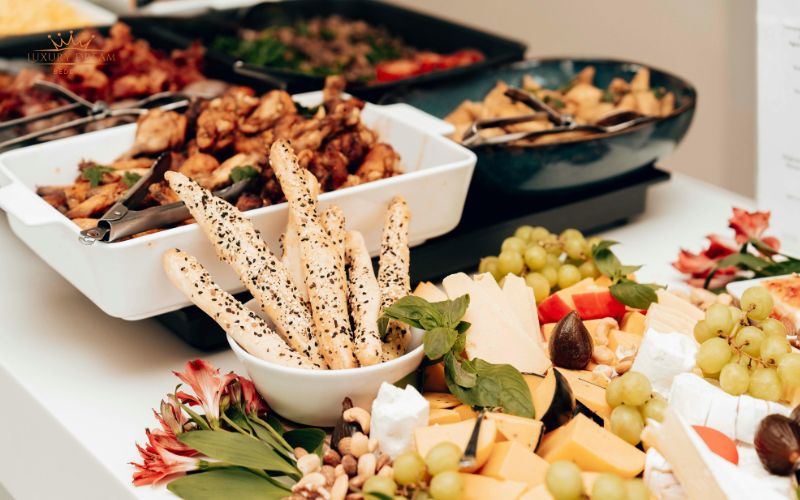Good sleep is a crucial factor in maintaining both physical and mental health. However, many things can disrupt your ability to fall asleep and enjoy a deep, restful slumber, especially unhealthy habits in your diet. If you’re struggling to fall asleep or feeling like your sleep isn’t deep enough, it’s time to understand the silent enemies that might be sabotaging your good sleep.
1. Caffeine – The Nervous System Stimulant

Caffeine is one of the most popular stimulants found in drinks like coffee, tea, and even in foods such as chocolate. While caffeine can help you stay alert and energized, it is also one of the main culprits that can negatively affect your deep sleep. Caffeine can reduce the total amount of sleep you get and disrupt the process of falling asleep.
Consuming caffeine too close to bedtime can make it harder for you to fall asleep and may even lead to insomnia. For older adults, the effects of caffeine can be stronger due to a more sensitive nervous system. To ensure a good night’s sleep, avoid caffeine in the afternoon and evening, especially if you notice it affecting your ability to fall asleep.
2. Black Tea – A Wakeful Beverage
A cup of black tea contains about 47mg of caffeine, which is roughly two-thirds of the amount found in a cup of coffee. Therefore, black tea can stimulate your nervous system and make it harder to fall asleep. If you’re aiming for a good, deep sleep, it’s best to limit black tea consumption in the afternoon and evening.
3. Alcohol – A Sleep Disruptor

Although alcohol can help you relax and feel sleepy, it is not a good beverage for promoting good sleep. Alcohol can interfere with deep sleep stages, making your sleep quality poor. Moreover, alcohol contains tyramine, an amino acid that stimulates brain activity and can reduce your ability to fall asleep, leading to insomnia.
4. Fatty and Sugary Foods – The Enemies of Healthy Sleep
Foods rich in fats and sugars, such as cookies and pastries, can cause digestive issues, especially when eaten close to bedtime. The saturated fats in these foods can lead to acid reflux, causing discomfort and disrupting your deep sleep. Additionally, the high sugar content can cause a sudden spike in insulin levels, disrupting your sleep and decreasing sleep quality.
5. Snacks – Packed with Sugar and Saturated Fats

Snacks that are loaded with added sugars and saturated fats, such as chips, candy, and other sweets, can affect your health and disrupt your good sleep. Consuming too many of these foods can lead to insomnia and shallow sleep, preventing you from getting a restful night.
6. Fast Food and Processed Foods – Sleep Destroyers Due to Fats and Salt
Fast food and processed foods often contain large amounts of saturated fats, added sugars, and salt. Overeating these foods can reduce the quality of your sleep. These foods take longer to digest, causing acid reflux and stomach discomfort, which can disrupt your good sleep. Additionally, some processed foods may contain amino acids that stimulate brain activity, making it more difficult for you to fall asleep.
How to Achieve Better Sleep
To achieve better, deeper sleep, consider adjusting your eating habits and daily routines. Avoid foods and beverages that negatively impact your sleep quality, especially in the afternoon and evening. Instead, opt for healthier choices such as leafy greens, fruits, whole grains, lean proteins, and healthy fats. This not only helps you sleep soundly but also promotes better overall health.
Good sleep is an essential part of maintaining long-term health. Pay attention to your eating habits and lifestyle to ensure you can easily fall asleep and maintain quality sleep throughout the night.
